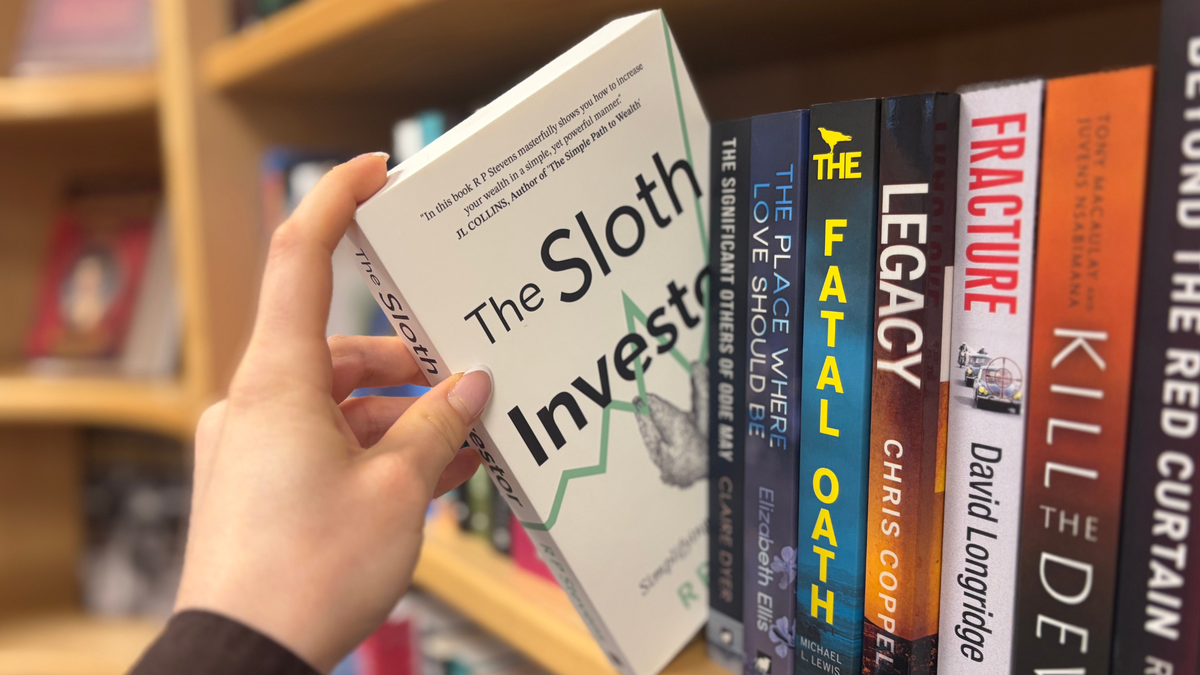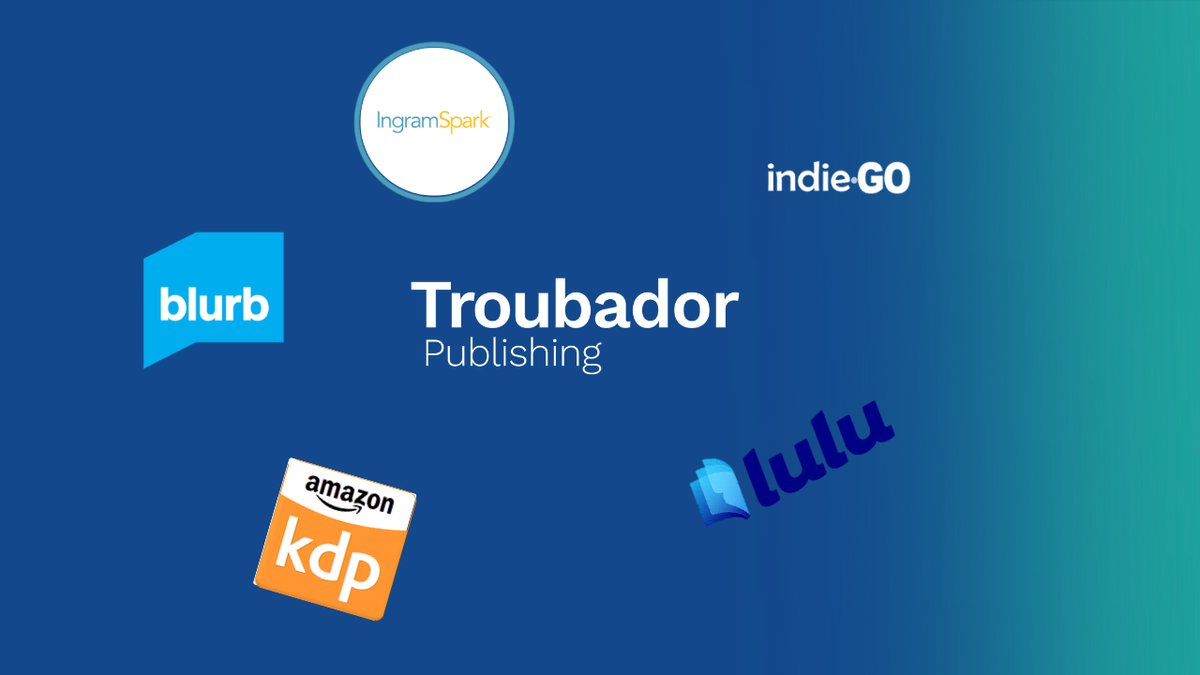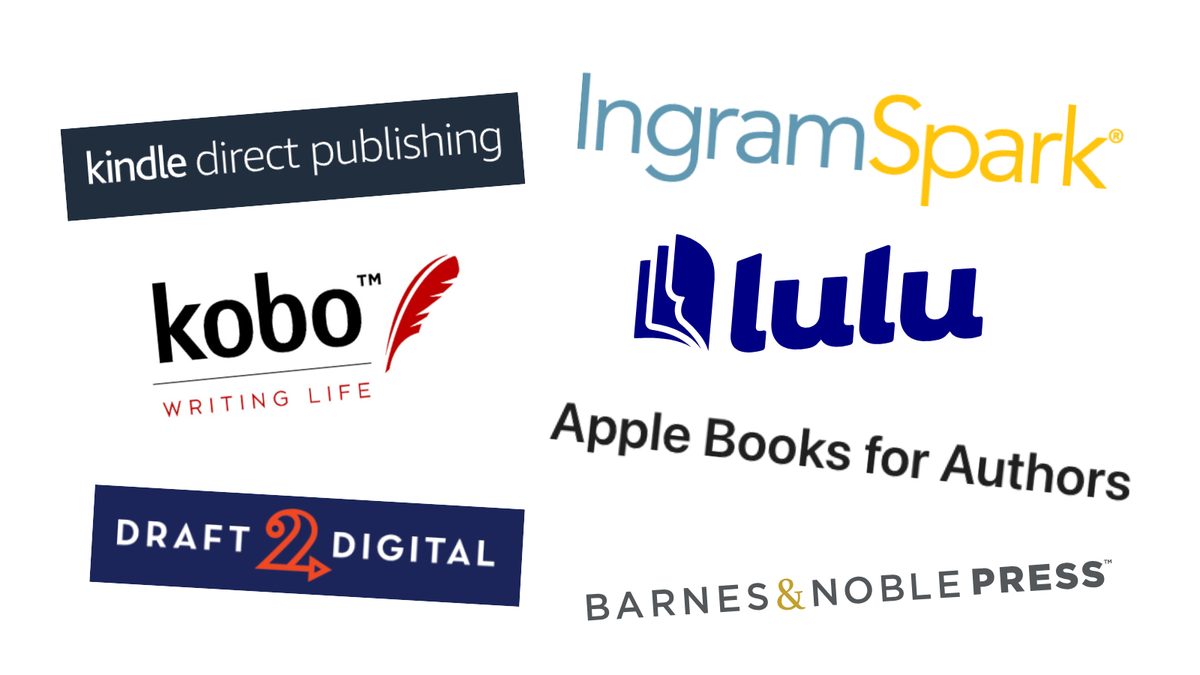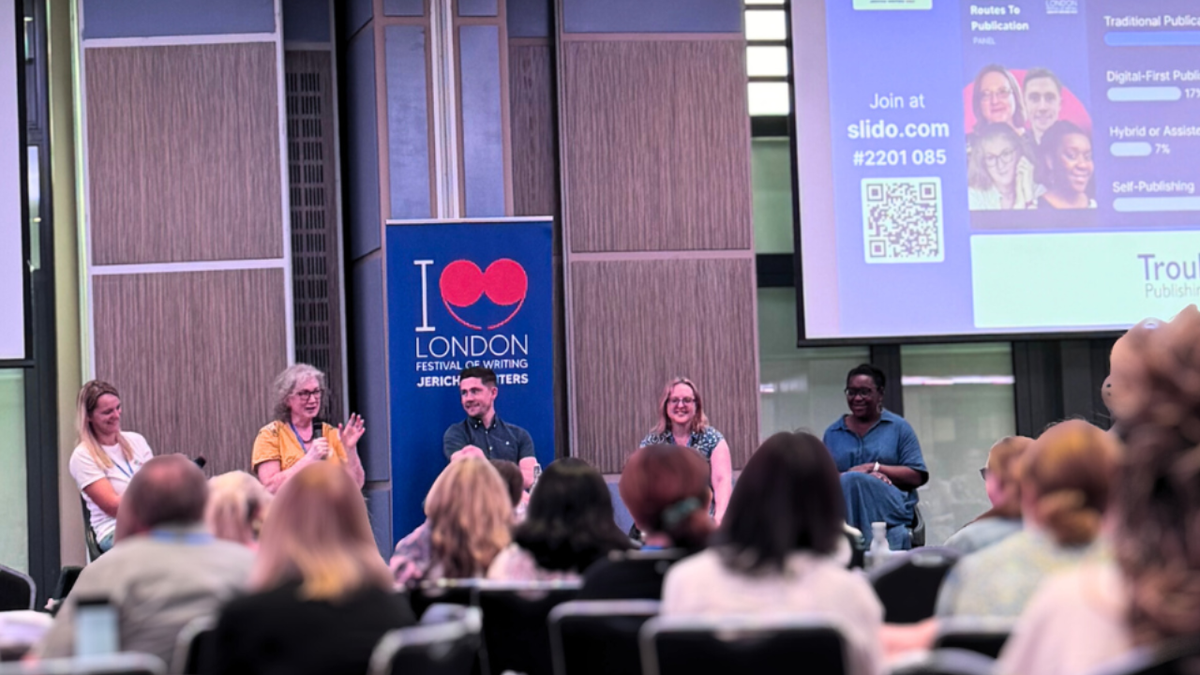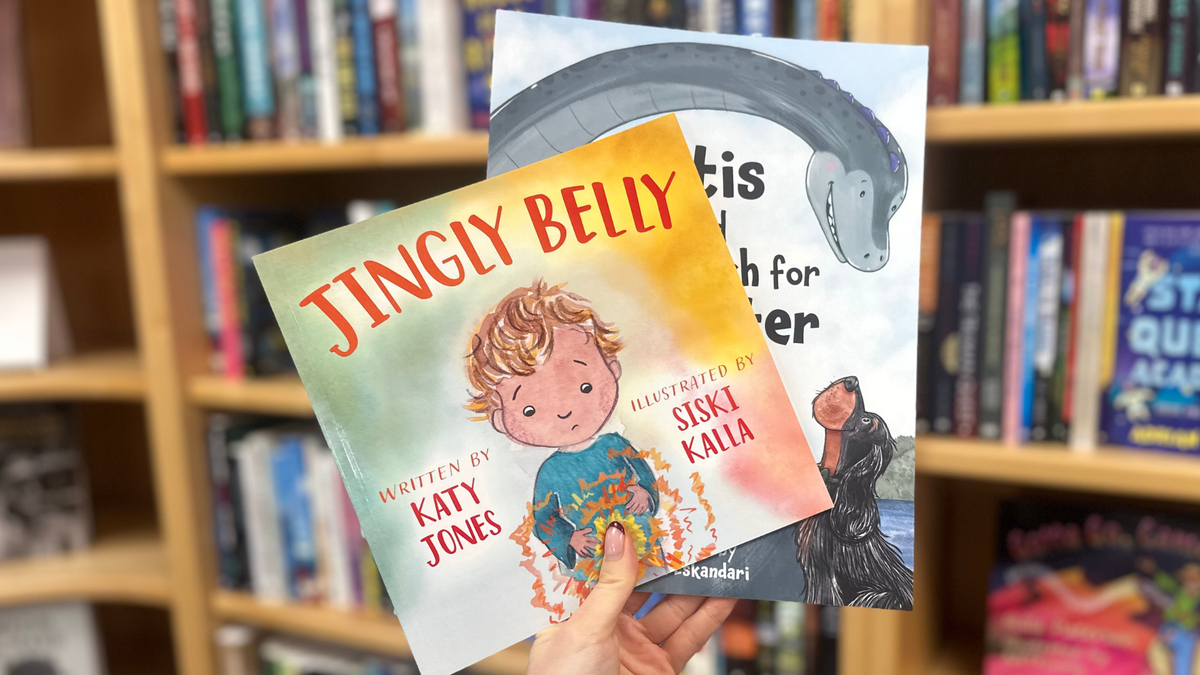
15th May, 2025
8 min read
Book Marketing Companies vs. DIY: Which Is Better for Indie Authors?
Written by:
Jonathan White
Marketing is one of the biggest challenges faced by indie authors after publishing a book. With millions of titles available and more being released daily, simply having a great story isn’t enough - you need a solid marketing strategy to stand out. Book marketing helps build visibility, attract readers and drive sales, making it a crucial part of an indie author’s journey.
There are two main routes when promoting your book: hiring a professional book marketing company to execute all or part of the campaign you want to run, or taking the do-it-yourself approach. Each option has its advantages and drawbacks and the best choice depends on your goals, budget, time and experience level.
In this article, I’ll explain both options, explore their pros and cons, and help you decide which path is right for you. Whether launching your first novel or trying to boost sales of an existing title, if you want to know the best way to market your indie book, read on!
Understanding the Basics
What Book Marketing Companies Offer
Book marketing companies provide a range of professional services designed to help authors boost visibility and drive sales. These services often include public relations (PR), where a team pitches your book to media outlets, bloggers and influencers for potential coverage. They may also offer social media campaigns, managing platforms like Instagram, Facebook and TikTok to engage readers and grow your following. Many companies run targeted Amazon and Facebook ads, optimise your book's metadata, create book trailers and even offer email marketing to curated reader lists.
Some well-known book marketing companies include Cameron PR and Marketing, Smith Publicity, BookBub Partners, BooksGoSocial, and BookSparks. Pricing varies widely. Entry-level campaigns may start at £250 - £1,000, while full-service packages can range from £3,000 to over £10,000, depending on the company and scope.
What DIY Marketing Involves
DIY book marketing puts you in the driver’s seat, allowing you to manage every aspect of your book’s promotion. One of the first steps is building an author platform. This includes setting up a professional website, creating an email list to stay in touch with readers, and establishing a presence on social media platforms like Instagram, Facebook or TikTok. Your platform acts as your central hub, giving readers a way to discover, follow and engage with you.
Running ads is another common DIY strategy. Indie authors often use Amazon Ads, Facebook Ads or BookBub Ads to target potential readers. This requires learning how to create compelling ad copy, selecting the right audience and monitoring performance to make adjustments that improve results.
Content creation is also key. Successful indie authors regularly produce blogs, email newsletters and social media posts that provide value to readers while subtly promoting their books. This ongoing content helps build relationships with your audience and keeps your book in the spotlight.
DIY marketing can be cost-effective, but it comes with time and skill demands. You’ll need to learn how to use various tools, interpret analytics and develop marketing strategies on your own. While it can be overwhelming at first, many authors find the DIY path rewarding, especially when they start seeing results from their efforts.
Pros and Cons of Book Marketing Companies
Hiring a book marketing company can be a game-changer for indie authors, but it’s not without risks. Understanding the benefits and potential drawbacks is key to deciding whether this route aligns with your goals.
Pros
One of the biggest advantages of working with a book marketing company is having access to their professional expertise and industry contacts. These companies often have established relationships with media outlets, book reviewers and influencers, giving your book exposure you might not be able to achieve on your own. Their knowledge of market trends, reader behaviour and platform algorithms can lead to more innovative strategies and better results.
Another benefit is that it saves time and effort. Effectively marketing a book requires dozens of tasks, from creating content, running ads, pitching to media, building mailing lists and many more. A company handling many of these for you frees up your time to focus on writing or engaging directly with readers.
Marketing companies also offer scalability and often faster results. They can execute large campaigns across multiple channels simultaneously, something that’s difficult to do alone. This can lead to quicker visibility boosts, especially during a book launch or promotional push.
Cons
However, one major drawback is the cost associated with seeking professional help. For indie authors with limited budgets, this can be a significant barrier. While some companies offer more affordable options, the overall investment can still be considerable.
Another concern is the risk of low return on investment (ROI) if the company isn’t thoroughly vetted. Not all marketing firms deliver on their promises and some may use generic, low-effort tactics. Without due diligence, you might spend a lot without seeing meaningful visibility for your book.
Finally, working with a marketing company means less creative control. You’re trusting others to represent your book, brand and message, which may not always align with your vision. Some authors find this frustrating, especially if the marketing feels impersonal or off-brand.
Pros and Cons of DIY Marketing
DIY marketing is a popular choice for many indie authors, especially those who prefer hands-on control and want to keep costs low. While it can be gratifying, it also comes with its own set of challenges.
Pros
The biggest advantage of DIY marketing is full creative control. You decide how your book is presented, what tone you use, which platforms to focus on and how you engage with readers. This freedom allows you to stay true to your brand and tailor your messaging in an authentic way.
Another key benefit is the low cost. Many DIY marketing strategies require little to no financial investment. You can build an email list, create social media content, start a blog or pitch your book to reviewers without spending much money. For authors on a tight budget, this can be an ideal way to promote a book without breaking the bank.
DIY marketing also allows you to build a personal connection with readers. When you engage directly - through newsletters, social media or virtual events - you create a loyal fanbase that supports your current book and future ones. This sense of community can be powerful for long-term success.
Cons
On the flip side, DIY marketing is time-consuming and, for some authors, daunting. It requires consistent effort to post content, run ads, send emails and respond to readers. Balancing marketing with writing can quickly become overwhelming, especially without a clear plan.
There’s also a steep learning curve. To be effective, you need to learn about advertising platforms, SEO, email marketing tools, social media algorithms and more. This takes time, research and experimentation, which can slow progress if you're new to marketing.
Finally, DIY marketing often results in slower growth and a lot of trial-and-error. Without professional experience, you may make mistakes or miss opportunities that a marketing expert would catch. While many authors do eventually find their rhythm, the road can be frustrating and unpredictable.
In short, DIY marketing offers flexibility and affordability, but it demands time, patience and a willingness to learn from mistakes. It's a long-term investment that can pay off, but success usually comes gradually, not overnight.
What About Marketing Through a Publisher?
For indie authors considering book marketing support, another option worth exploring is using the services provided by a publisher like Troubador Publishing. Companies like ours are experts at producing books in multiple formats and distributing them to the market, but we are particularly adept at marketing books in the book trade.
Our marketing services include active book trade sales and marketing to get your book noticed by the book trade, digital marketing tactics like paid advertising, author website creation and NetGalley campaigns, as well as expert publicity campaigns, all completed by our in-house experts. Since we are involved in the production and distribution of your book, we understand the project from the inside out, which can help with aligning marketing strategies to the book’s strengths and audience.
One major advantage of using marketing services from a publisher like us is convenience. Everything from editing and production to marketing can be handled under one roof, saving you time and coordination effort. There’s also a level of professionalism and trust, as established companies have experience marketing a wide range of books across genres.
Another benefit is industry access. Troubador, for example, promotes books to trade partners, libraries and independent bookshops, increasing your book’s chances of getting industry attention - something many standalone marketing firms may not prioritise or even be able to execute on your behalf. In particular, if access to book retailers like Waterstones or wholesalers like Gardners is a priority for you, then trade marketing services are essential for your title to gain visibility with the buyers in those organisations.
However, these services come with a cost. While that cost is far lower than others you might see in the market, authors should consider what is right for their project. Also, like with dedicated marketing companies, there’s no guarantee of results. Some services may be more promotional than strategic, offering broad exposure rather than targeted marketing that drives real sales.
5 Key Factors to Consider When Choosing a Marketing Approach
There's no one-size-fits-all answer when deciding between sourcing a book marketing company or going down the DIY route. The right choice depends on several personal and strategic factors. Here are five key things every indie author should consider before choosing a marketing path.
Budget is often the most significant deciding factor. Marketing companies can be costly, with full-service packages running into the thousands. DIY marketing might be the only realistic option if your funds are limited. That said, even with a small budget, you can still make an impact using affordable tactics like email newsletters, social media and targeted ads.
Your available time and energy are just as important. DIY marketing requires consistent effort - writing content, managing ads, engaging with readers and more. If your schedule is already stretched thin, outsourcing may be a smarter way to maintain momentum without burning out.
Consider your marketing skills and experience. If you have a background in digital marketing or are comfortable using advertising platforms and content tools, you may be better equipped to handle things independently. If not, a marketing company can help you avoid costly mistakes and speed up your learning curve.
Think about your goals, both short-term and long-term. Are you trying to generate buzz around a new release or build a lasting brand across multiple books? A one-time campaign might work for a launch, but if you’re building a long-term author career, a DIY strategy could be more sustainable.
Finally, assess whether you’re launching a debut or promoting a backlist. Debut authors often benefit from professional support to make a strong first impression. In contrast, if you have a few titles under your belt, DIY marketing may work better since you already have a foundation to build on.




